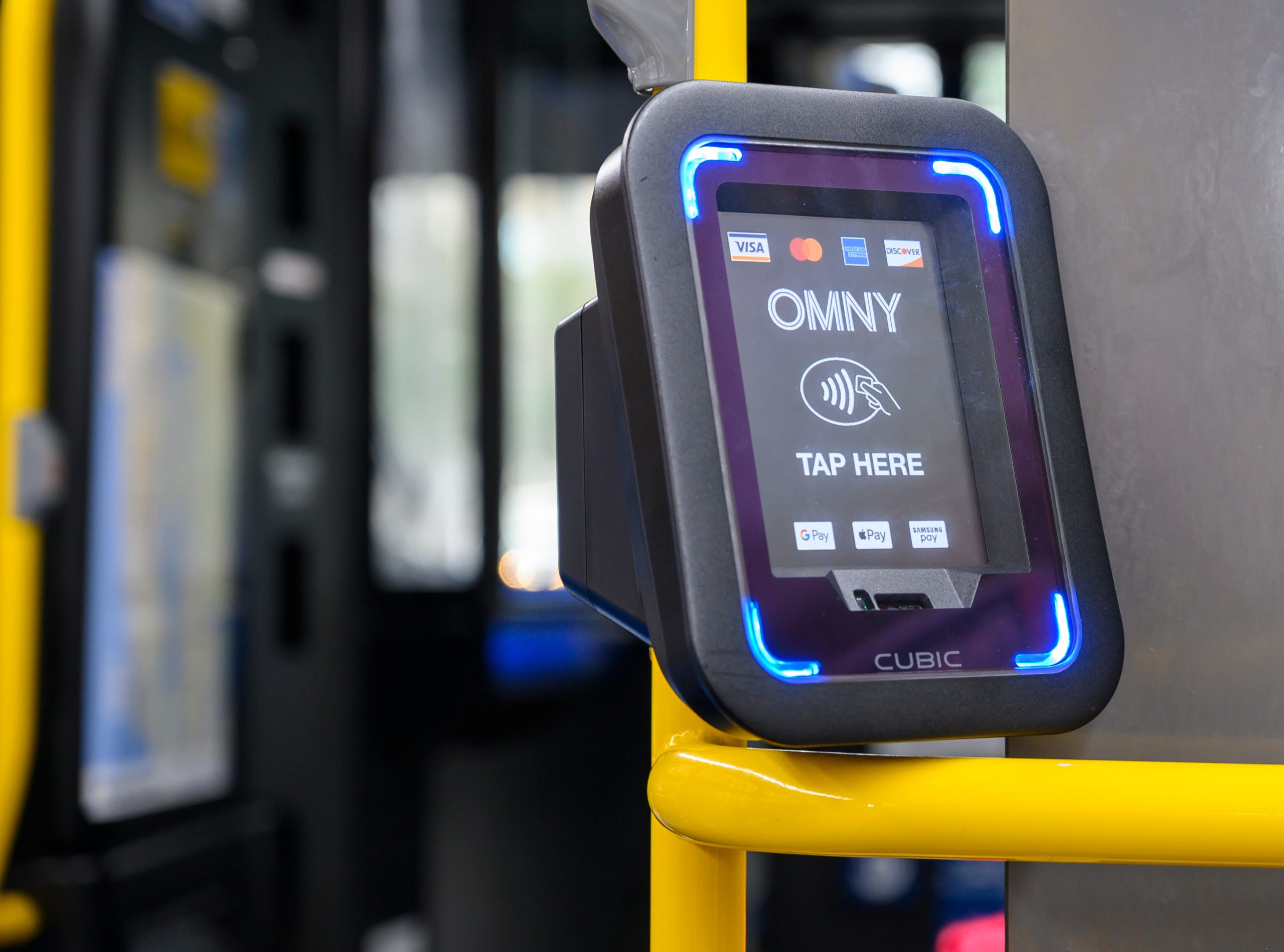
Published: May 17, 2024
Our new bulletin Cyber Threat Watch has been created to help small businesses stay up to date on the latest threats, news, and events affecting their business. The content has been curated to make cybersecurity easy and accessible for both technical and nontechnical readers.
Featured Cyber Threat — POS Security

Effective Point of Sale (POS) security measures are crucial for any retailer to protect customer data from theft and cyber threats. As digital transactions become more widespread, POS systems have become primary targets for cybercriminals looking to exploit vulnerabilities and access sensitive information. Securing POS systems is essential not only for maintaining customer trust but also for ensuring compliance with regulations and minimizing financial risks associated with data breaches.
Importance of POS Security
Insufficient security measures expose businesses to various risks, including data compromise, operational disruptions, and reputational harm. Exploring the importance of POS security unveils the risks of insufficient protection—this knowledge empowers retailers to take proactive measures, safeguard systems, protect customer data, and defend against cyber threats. Such risks include:
- Data Breach: Vulnerabilities in POS systems can lead to unauthorized access to customer payment card data, resulting in data breaches and financial loss.
- Reputational Damage: A data breach can extend beyond financial implications, tarnishing a retailer’s reputation and eroding the customer trust, ultimately impacting future business prospects.
- Non-Compliance Risks: Failure to comply with industry standards, such as the Payment Card Industry Data Security Standard (PCI DSS), can result in penalties and legal repercussions, underscoring the importance of implementing best security practices for POS systems.
- Operational Disruption: Cyberattacks targeting POS systems can cause significant disruptions to business operations, resulting in downtime, revenue loss, and operational inefficiencies.

Protection Strategies
By strengthening the security posture of their POS systems, retailers can mitigate the risk of data breaches, improve trust with their customers, and thwart crime and civil penalties.
- PCI DSS Compliance: Following PCI DSS guidelines is recommended for retailers managing cardholder data. This entails implementing robust security measures such as encryption, access controls, network security, and regular vulnerability assessments. By adhering to PCI DSS requirements, retailers can strengthen the security of their POS systems and lower the risk of data breaches.
- Regular Software Updates: Keeping POS software up to date with the latest security patches and fixes is essential to address known vulnerabilities and minimize the risk of cyberattacks. Retailers should establish a schedule for regular software updates and ensure that patches are applied promptly to all POS terminals and devices. In addition, implementing automated patch management solutions can streamline the update process and ensure timely deployment of security updates across the POS infrastructure.
- Hardware Inspection: Regular inspection of POS hardware is vital to identify any signs of tampering, damage, or unauthorized alterations that may jeopardize system security. Retailers should conduct routine checks of POS terminals, card readers, PIN pads, and other hardware components to identify any anomalies or suspicious activities. The installation of tamper-evident seals and security cameras can act as deterrents against tampering and offer visual documentation in the event of security breaches.
- Access Control: Strict access control measures are crucial to prevent unauthorized entry to POS systems and safeguard sensitive data. Retailers should enforce robust authentication methods to include multi-factor authentication (MFA) and stringent password policies. Additionally, role-based access control can limit user privileges based on job roles and responsibilities, reducing the risk of insider threats and unauthorized access.
- Cloud-Based Solutions: Leveraging cloud-based POS solutions offers several security benefits, including data encryption, automatic updates, and centralized security management. By migrating to cloud-based POS platforms, retailers can delegate security infrastructure management to third-party service providers, benefiting from real-time threat detection, intrusion prevention, and encryption for data both at rest and in transit.
- Employee Training: Educating employees on POS security best practices is critical for building a strong security culture within the organization. Retailers should offer comprehensive training covering topics like phishing awareness, password management, social engineering tactics, and incident response protocols. Regular security awareness sessions, including simulated phishing drills and knowledge assessments, can reinforce employee awareness and empower them to identify and address security threats effectively.
Conclusion
Securing POS systems is essential for retailers to protect customer data, maintain trust, and mitigate financial and reputational risks associated with cyber threats. By implementing robust security measures, staying compliant with industry standards, and fostering a culture of cybersecurity awareness, businesses can safeguard their POS systems while ensuring a secure shopping experience for customers.
The NCSS encourages businesses to adopt comprehensive security practices and stay informed about evolving threats. We recommend you leverage a managed security service provider (MSSP) and also consider becoming an NCSS member to access a wide range of our services. We have partners who can help, here. For more information, visit our Small Business page.
References
https://koronapos.com/blog/pos-security/
https://www.connectpos.com/challenges-of-implementing-pos-systems-for-convenience-stores/
https://www.posrg.ca/evaluating-offline-and-online-pos-systems-a-comprehensive-guide/
https://rtgpos.com/news/five-ways-to-make-your-pos-system-more-resilient/

About the NCSS
The National Cybersecurity Society (NCSS) is committed to improving the online safety and security of the small business community through education, awareness, and advocacy. As a 501(3)(c) organization, the NCSS uses funds from charitable donations and grants to develop educational materials, webinars, weekly cyber tips, videos, and how-to-guides. The organization’s goal is to enable and empower small and medium businesses to obtain cybersecurity services, assist them in understanding their cyber risk, and advise on the type of protection needed. We want to continue to grow our community and encourage you to tell other small businesses we are here to help.
The NCSS is committed to respecting the use of images in our communication efforts. Accordingly, unless otherwise specifically noted, the graphics in our bulletin are sourced under license from Adobe Stock. The header and footer images were designed and purchased through a contract with Eyedea Advertising & Design Studio.
